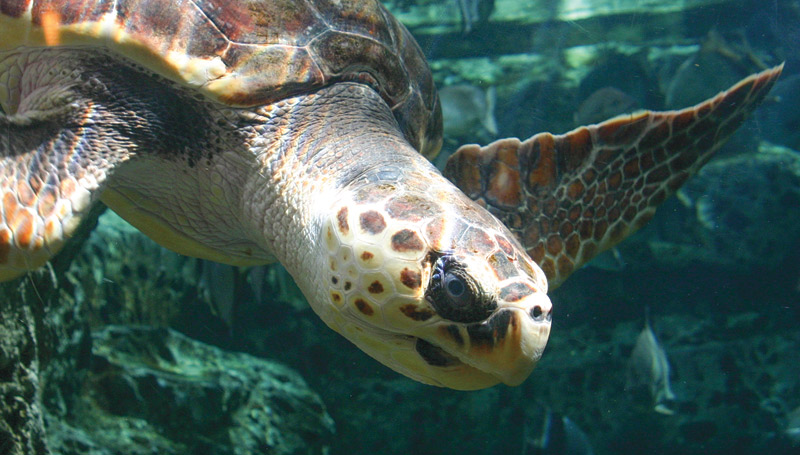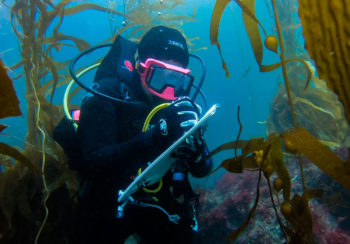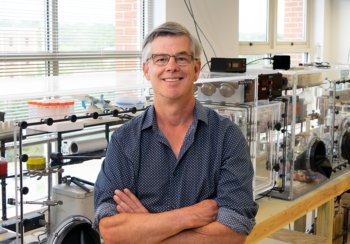UGA scientists are using a sophisticated technology known as genetic fingerprinting to unlock the mysteries of ancient mariners: sea turtles. By creating a database of DNA taken from turtle eggshells, the team could help support the conservation of these endangered animals.
Since they started this DNA project nearly a decade ago, researchers in the Warnell School of Forestry and Natural Resources have used what they call “CSI for turtles” to identify more than 7,500 sea turtle mothers in over 34,500 nests.
The particular techniques developed at Warnell by geneticist Brian Shamblin and professor of conservation genetics Joe Nairn not only identify the turtle mother but also allow researchers to speculate on population recovery—including how often turtles nest and how many clutches of eggs individual females lay on average.
UGA researchers use advanced genetic technologies to “fingerprint” sea turtles and track them in the wild, a process that could be vital to their conservation.






